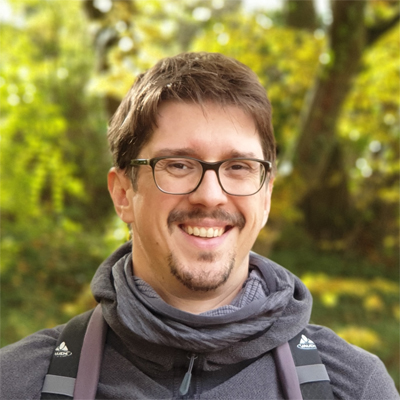The mindset behind academic productivity III
This is a multipart article about academic productivity. The first one was concerned with the workspace. The second article was concerned with colleagues and asking the right questions. This is the last and third article.
Academic productivity is many things, but to be productive you also need to be relaxed. Even if all the circumstances are right and you know how to ask the right questions, you still need the energy to be productive. The problem is, you can’t keep up with the energy, if you work 8 or more hours a day straight. To be productive, especially in academia, you need to know when and how to take breaks.
How much should you work?
Ok this probably is open for debate and can’t be answered universally. The usual is maybe the 40-hour week, but in academia, it is most often more than that. Tim Ferris writes about the 4-hour week, but come on! I didn’t read the book (yet), but he definitely can’t speak for academia. Imagine though…
I myself definitely work more than 40 hours a week considering all the things I do. But it doesn’t feel like it. How come? First of all, I really like what I am doing. This helps tremendously. Second, I only work as long on one project as long I can actually achieve something productive. I have already written about my (yet to be patented) Postpone the Problem-Method. At last, I take breaks when I need them. It can be five minutes or maybe a couple of days. It all depends on how exhausted I feel.
I did not always live by this last rule. Especially in the beginning of my career, I worked all day long and even until late in the evening. Although I am still able to burn the midnight oil, I learned over the years, that doing so actually isn’t as productive as taking breaks.
Taking Breaks for academic productivity
Have you ever heard of the Pomodoro Technique? It basically offers you a rhythm of work and short breaks. It is supposed to be very productive, but I myself have to say, that it is too restrictive for me. I can’t really work in these predefined time periods. Nevertheless, the idea to work in chunks and take short breaks is quiet helpful. But what do you do in your breaks?
Although it sometimes is the hardest, going outside is the most helpful. Sometimes a walk around the block is already enough to reenergize. Sometimes getting a coffee does the job. Whatever helps to get back the focus is good. I personally believe that there is not one solution for everyone, so everyone has to try by themselves.
Taking holidays
Then there are holidays. These can go from two days to a couple of weeks. I find that by leaving work behind and coming back, you get a new view on things and improve productivity. Holidays are no time wasted of course. For me, taking hikes are very helpful for short holidays, whereas going to the beach is very helpful for longer holidays. I always strive to really forget about my work until I come back.
As I already said, taking breaks and how long you should work is different for everyone. It takes time to figure this out. But what I can say for sure is, that not taking breaks is a bad decision. It seems contradictive, but to be more productive, you probably need to take more breaks. Try it out!







